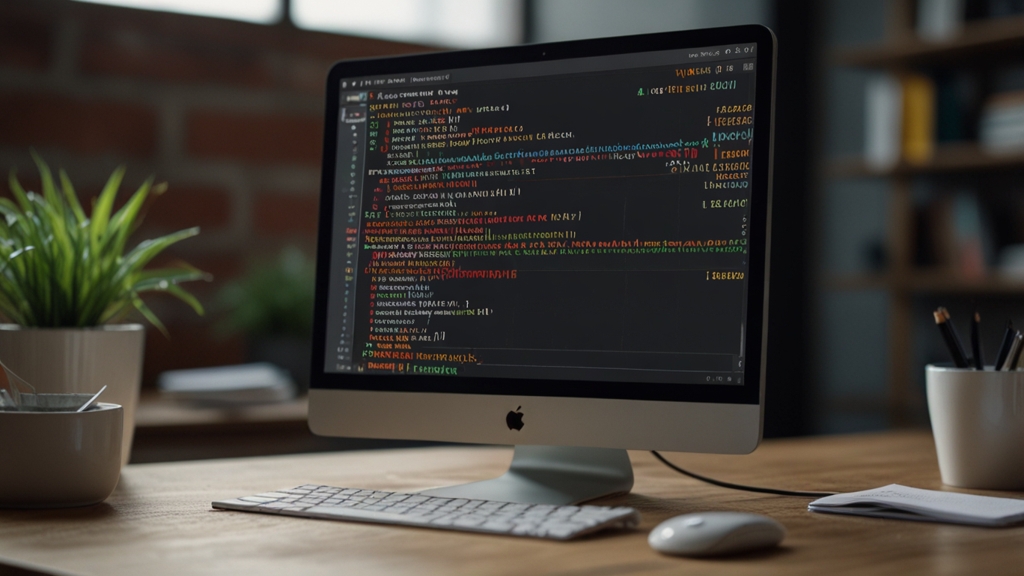Introduction
The programming world is replete with languages that cater to different needs, niches, and paradigms. Among these, C and Python have emerged as titans in their own right, each bringing unique strengths to the table. This article delves into the ultimate showdown between C and Python, examining their key features, strengths, and weaknesses to help you make an informed decision for your next project.
The Basics of C
C is a general-purpose programming language that has stood the test of time since its creation in the early 1970s. Designed by Dennis Ritchie at Bell Labs, C has been the backbone of modern operating systems, particularly Unix. C is appreciated for its speed and efficiency, which come from its close-to-the-metal capabilities.
"C is not a high-level language, nor is it a low-level language. It is a 'medium-level' language." - Dennis Ritchie
The language provides direct access to memory via pointers, allowing for fine-tuned control over hardware, which is crucial for system programming. However, this power comes with a steep learning curve and potential for bugs and security vulnerabilities.
The Charm of Python
Python, conceived by Guido van Rossum in the late 1980s, is a high-level, interpreted language known for its simplicity and readability. Python's philosophy emphasizes code readability and efficiency, making it a popular choice for beginners and seasoned developers alike.
"Python is an experiment in how much freedom programmers need. Too much freedom and nobody can read another's code; too little and expressiveness is endangered." - Guido van Rossum
Python comes with a rich standard library and supports multiple programming paradigms, from procedural to object-oriented to functional. Its extensive ecosystem of libraries and frameworks makes it ideal for tasks ranging from web development to data analysis and machine learning.
Performance
When it comes to raw performance, C usually outshines Python due to its compiled nature and lower-level access to memory. C programs often execute faster because the code is statically typed and compiled into machine code, optimizing for speed and efficiency.
Python, an interpreted language, trades off some performance for ease of use and flexibility. The Python interpreter adds an extra layer of abstraction between the code and the machine, which can result in slower execution times. However, this gap can often be bridged with tools like Cython or PyPy, and by leveraging libraries that are implemented in C.
Ease of Use
Python is widely praised for its simplicity and readability, which make it an excellent language for beginners. The language's syntax is clean and easy to learn, often allowing developers to write more functionality with fewer lines of code compared to C.
C, on the other hand, requires a deeper understanding of computer science fundamentals. The language's complexity increases the learning curve, necessitating a good grasp of pointers, memory management, and manual type declarations.
Use Cases
Both languages excel in different domains due to their unique characteristics:
- C: Ideal for system-level programming, embedded systems, and performance-critical applications.
- Python: Best suited for rapid development, web applications, data science, and automation scripts.
Community and Support
Both languages boast strong, active communities that contribute to a wealth of resources, documentation, and third-party libraries. However, Python's community is particularly known for its welcoming nature and extensive contributions, which often make it easier for newcomers to get started and find support.
Conclusion
The showdown between C and Python ultimately boils down to your project requirements and your programming experience. If you need performance, control over hardware, and efficiency, C is the way to go. If you prioritize readability, rapid development, and a versatile ecosystem, you can't go wrong with Python.
In the end, both C and Python are invaluable tools in a developer's toolbox, each excelling in different areas and complementing each other beautifully.
Choose wisely, and may your code be bug-free!







